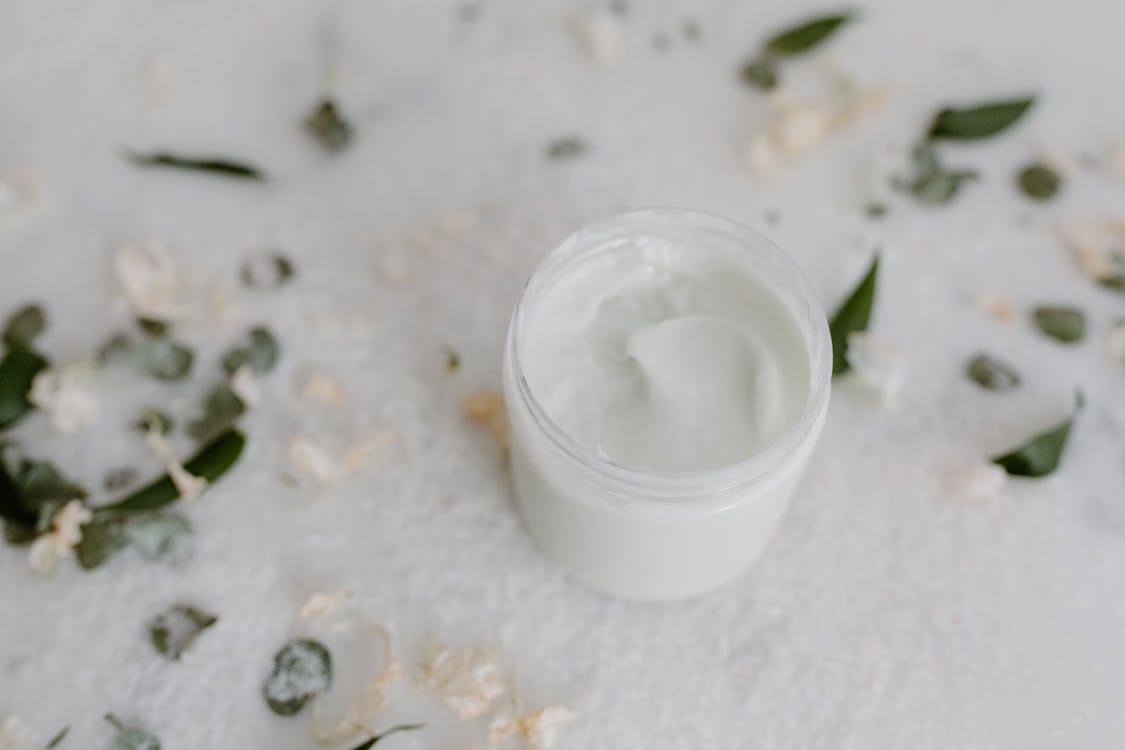If you have sensitive or even just dry skin, when you hear the word alcohol, you might immediately start to cringe – and for good reason! You should, in general, be conditioned to be weary of alcohols. However, there is a widespread myth about them – that they are all created equal.
The term “alcohol” is a general term and could mean a few different things. It could mean a shot of delicious whiskey (or any other ethyl alcohol, i.e. “drinking“ alcohol), which isn’t great for your skin, but is pretty good for your soul. It could also mean isopropyl alcohol, or rubbing alcohol, which wicks away oil, but is murder for sensitive or dry skin types.
Or
It could mean fatty or wax alcohols like the kind that are more common in cosmetics and the kind we will be focusing on. Fatty or wax alcohols include lauryl, cetearyl, and cetyl alcohol. However, this type of alcohol isn’t harmful, and in fact, it is actually pretty natural.
Theses fatty alcohols are made from vegetable glycerin. One of the most popular victims is the coconut in which the alcohol produced from them is both nurturing and actually extremely moisturizing. (In case you aren’t sick of the jokes yet, coconut rum doesn’t count!)
What Do These Alcohols Do in Cosmetics?
The primary purpose of alcohol in cosmetics is to act as an emulsifier or emollient. In layman’s terms, it mixes stuff. For example, oil and water won’t mix naturally, but with alcohol added into the mix, they will begin to come together and the alcohol helps keep them together alongside a number of other ingredients. Typically, use of alcohols makes for a good lubricants as well as allowing a product to go one smooth.
Needless to say, you will find alcohol in a lot of creams, conditioners, lipstick, and usually anything creamy that spreads well.
Are These Alcohols Safe for Sensitive Skin?
This is a complicated question to answer. Fatty alcohols are perfectly safe for sensitive skin, and even healthy for it in the doses found in cosmetics. Unfortunately, while fatty alcohols are common, they are not the only type of alcohol used in cosmetics. Occasionally denatured alcohol is used, commonly labeled as ethanol. As you imagine, this isn’t great for your skin. Like your standard rubbing alcohol, this will make the attempt to dry out your skin. As it is also in a cosmetic, the longer it is on your skin, the most time it will have to do that.
This sapping of moisture in your skin is not only horrible for it, but it basically leaves your skin open for other bad ingredients or can spur on irritation flare-ups on its own.
The best thing to keep in mind here is that not all alcohol you see in cosmetics are bad. So you shouldn’t just sport alcohol on the label and give it a pass. Instead, you should look carefully at the type of alcohol it is. I have found that any alcohol that starts with an “Eth” or and “Iso” is something that you should give a hard pass. However, Lauryl, Ceteayl, or even Stearyl alcohols are typically safe for use on skin.

